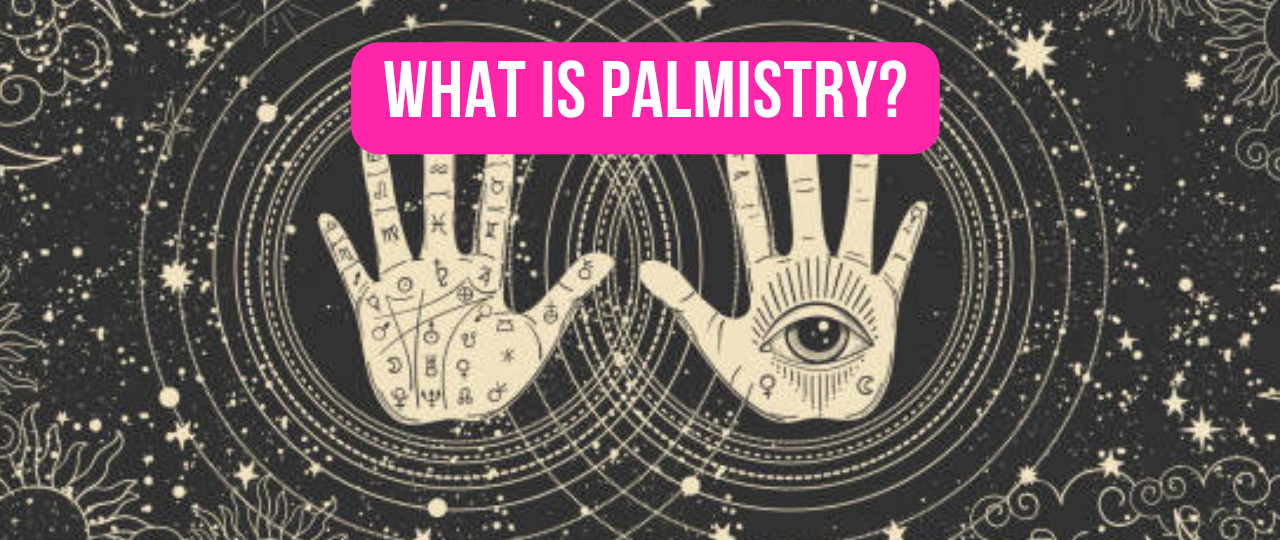Historically, palmistry is a form of divination. Information about a person's personality traits, talents, and interests are revealed through analysis of their hands. The art of palmistry is learned through the study of markings and characteristics of the hands. Most people associate the lines on the palm as the focus of a palm reading. However, it is the whole hand that will be analyzed by a professional palmist. Palm lines, the shape of the hands and fingers, spaces between fingers, colorings of the hands and fingernails, size of mounts, etc. will all be taken into consideration.
The sum of all of these characteristics will tell a complete story:
- Skin tone (pale, pink, red)
- Skin texture (ranges from fine to very rough)
- Thickness or thinness of hands
- Knuckle size
- Length and width of fingernails
- Shape of fingernails (round, oval, square, or spatulate)
- Shape of fingertips (square, round, tapered, spatulate)
- Length or shortness of individual fingers
- Flexibility and resistance in finger movement
- Palm quadrents
- Palm shape (square, round, oblong, spatulate)
- Center of palm (sunken, flat, or plump)
- Palm mounts and markings
- Palm lines
What to Expect from a Palm Reading
The client is generally seeking insight in the way of career opportunities, romance possibilities, or spiritual concerns and may feel somewhat anxious. A good palmist will take care to ease any nervousness associated with having your hands handled and inspected so closely. No matter how intuitive a palmist is, he is not a fortune-teller. A reputable palmist will stay clear of making off the cuff predictions or alarming clients with tales of prophecy. He will give an overall analysis after exploring both your hands. There should be no pointing out of character flaws, but rather suggestions may be given concerning areas that can be improved upon. For example, the palm reader won't tell you that your palm indicates that you are a "lazy dog" but might gently say something like your nature is laid back or that you struggle with a lack of motivation. The palmist who remains open-minded and answers client questions honestly and objectively is a treasure. Also, a well-trained palmist can recognize signs in hands that may indicate that your health is compromised, if so he may suggest you seek medical attention.




















